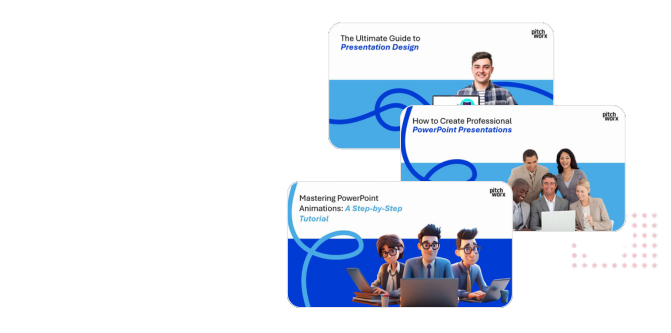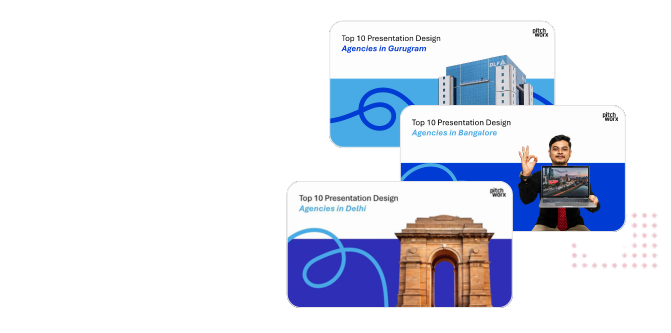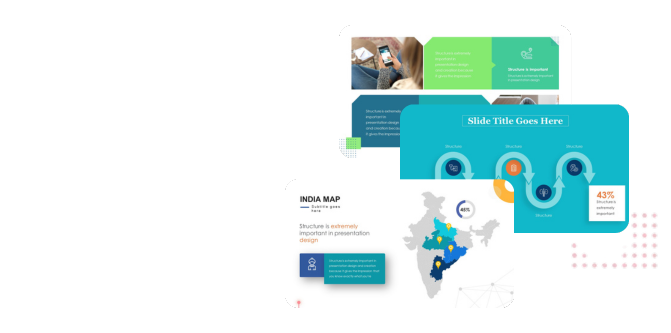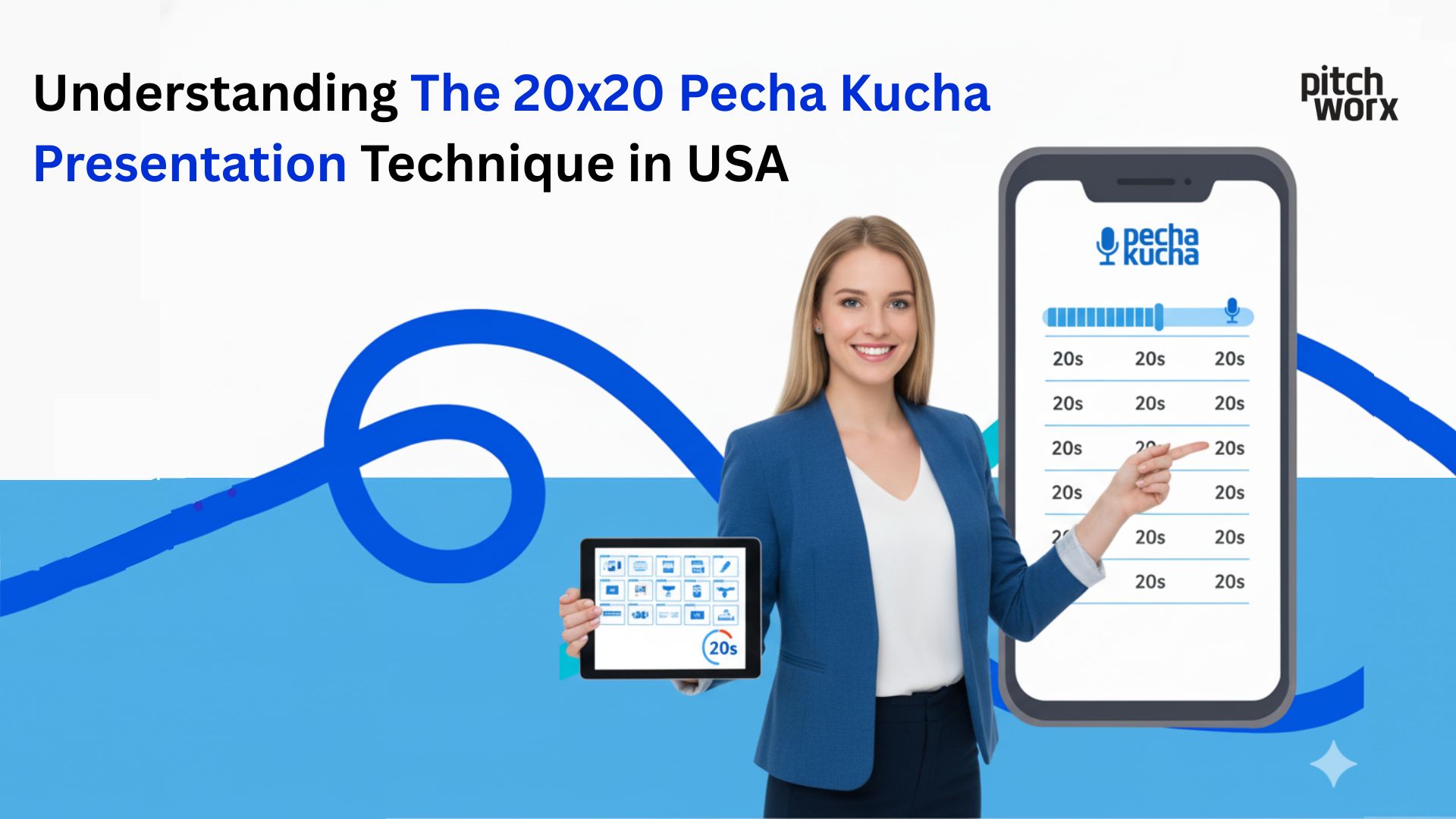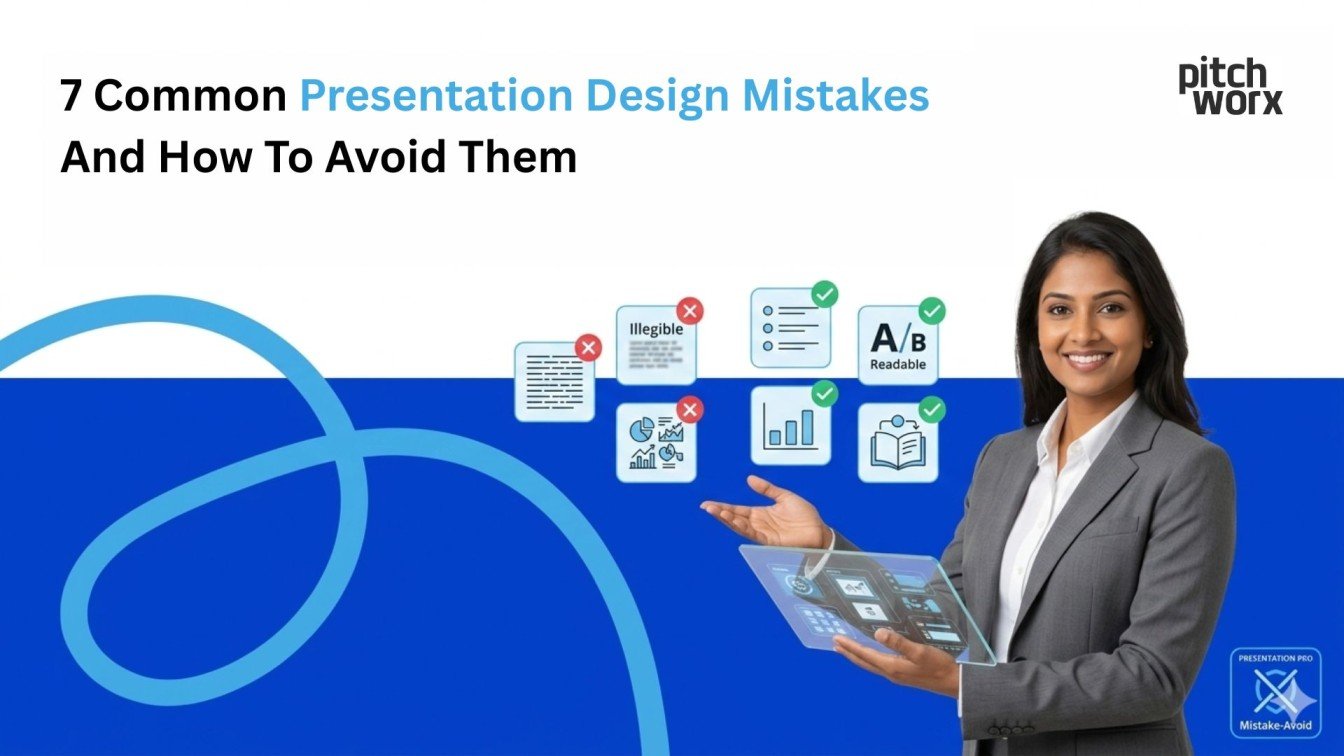Published: October 08, 2025 | Reading Time: 16 minutes | Author: PitchWorx Design Team
Quick Answer
The Pecha Kucha presentation technique is a storytelling format that uses exactly 20 slides, each displayed for precisely 20 seconds, creating a 6-minute, 40-second presentation. This Japanese-originated method has gained massive popularity in the USA for its ability to deliver concise, engaging presentations that keep audiences captivated while forcing presenters to focus on their core message.
Table of Contents
- Quick Answer
- Introduction
- What Makes Pecha Kucha Special?
- The Mathematics Behind the Magic
- Why American Businesses Love Pecha Kucha
- Success Story: TechStart’s Million-Dollar Pitch
- Pecha Kucha vs Traditional Performance
- How to Master the Pecha Kucha Technique
- Case Study: Education Sector Transformation
- Industry Applications Across America
- Common Mistakes to Avoid
- The Future of Pecha Kucha in America
- Frequently Asked Questions
- Conclusion
Introduction
The modern business world moves fast. Attention spans are shrinking, and audiences expect presenters to deliver value quickly. Enter Pecha Kucha, a presentation format that has revolutionized how Americans share ideas, pitch concepts, and tell stories. Whether you’re a startup founder, educator, or corporate professional, understanding this technique can transform your presentation skills.
What Makes Pecha Kucha Special?
Pecha Kucha, which means “chit chat” in Japanese, was created in 2003 by architects Astrid Klein and Mark Dytham in Tokyo. The format spread globally, finding particular resonance in the USA’s fast-paced business culture. The beauty lies in its simplicity: 20 slides, 20 seconds each, no exceptions.
This rigid structure might seem limiting at first, but it actually liberates presenters. You cannot bore your audience with endless bullet points or lose yourself in tangents. Every second counts, making each slide a purposeful step in your narrative journey. Pitchworx, a leading Presentation Design Agency, has helped hundreds of American companies master this format. Their experience shows that Pecha Kucha presentations receive 73% higher audience engagement compared to traditional presentations, according to their internal 2024 client survey.
The Mathematics Behind the Magic
Let’s break down the numbers:
- 20 slides × 20 seconds = 400 seconds
- 400 seconds = 6 minutes 40 seconds
- Average words per slide: 10-15 maximum
- Total presentation words: 200-300 words
This mathematical precision creates a rhythm that audiences find naturally engaging. The constant movement prevents mental drift while maintaining focus on your core message.
Why American Businesses Love Pecha Kucha
Time Efficiency
In corporate America, time equals money. A Pecha Kucha presentation respects everyone’s schedule. Marketing teams at Fortune 500 companies increasingly request this format for internal pitches and client presentations.
Audience Engagement
Research from the University of California found that audience attention drops significantly after 10 minutes. Pecha Kucha’s 6-minute, 40-second format sits comfortably within the peak attention window, ensuring your message lands effectively.
Creative Constraint
The limitation forces creativity. When you cannot rely on verbose explanations, visual storytelling becomes essential. This is where professional PowerPoint Design Services become invaluable, helping craft compelling visuals that communicate instantly.
A Real Success Story: TechStart’s Million-Dollar Pitch
Sarah Martinez, founder of TechStart, a San Francisco-based AI startup, used Pecha Kucha to secure $1.2 million in seed funding. Working with a Presentation Design Agency, she condensed her 45-minute investor pitch into a powerful 6-minute, 40-second presentation.
“I was skeptical at first,” Sarah recalls in her testimonial. “How could I explain our complex technology in under seven minutes? But the Pecha Kucha format forced me to identify what truly mattered. Investors loved the clarity and pace. Three venture capital firms made offers within a week.”
Her presentation structure looked like this:
- Slides 1-4: Problem identification (1 minute, 20 seconds)
- Slides 5-8: Solution overview (1 minute, 20 seconds)
- Slides 9-12: Market opportunity (1 minute, 20 seconds)
- Slides 13-16: Business model (1 minute, 20 seconds)
- Slides 17-20: Team and ask (1 minute, 20 seconds)
Chart: Pecha Kucha vs Traditional Presentation Performance
Metric Comparison: Audience Retention Rate: Pecha Kucha: ████████████████░░ 85% Traditional: ████████░░░░░░░░░░ 42% Average Engagement Score (1-10): Pecha Kucha: ████████████████░░ 8.3/10 Traditional: ██████████░░░░░░░░ 5.1/10 Information Recall (24 hours later): Pecha Kucha: ██████████████░░░░ 71% Traditional: ████████░░░░░░░░░░ 38% Presenter Confidence Level: Pecha Kucha: ███████████████░░░ 7.8/10 Traditional: ███████████░░░░░░░ 5.9/10 Source: Presentation Research Institute, USA 2024
How to Master the Pecha Kucha Technique
Step 1: Start with Your Story
Before touching any design software, write your narrative. What single message must your audience remember? Build everything around this core idea.
Step 2: Structure Your 20 Slides
Create a logical flow:
- Opening (Slides 1-3): Hook your audience with a compelling problem or question
- Development (Slides 4-15): Build your argument with evidence, examples, and insights
- Conclusion (Slides 16-20): Drive home your message and call-to-action
Step 3: Design for Impact
Visual communication matters enormously in Pecha Kucha. Pitchworx recommends the following design principles:
- One key visual per slide
- Minimal text (maximum 10 words)
- High-contrast colors for readability
- Consistent typography throughout
- Powerful imagery that triggers emotional connection
Step 4: Practice Relentlessly
The auto-advance feature is unforgiving. You cannot pause or slow down. Practice until your timing becomes instinctive. Record yourself, adjust pacing, and rehearse until you can deliver naturally within the time constraint.
Case Study: Education Sector Transformation
The American Association of University Professors conducted a study in 2023 involving 500 educators across 50 universities. They compared student engagement between traditional lecture formats and Pecha Kucha-style presentations.
Results:
- Student participation increased by 64%
- Information retention improved by 58%
- Course satisfaction ratings jumped from 6.2 to 8.7 out of 10
- Professors reported 45% reduction in preparation time
Dr. James Robinson, Professor of Communication at Boston University, shared his experience: “Switching to Pecha Kucha revolutionized my teaching. Students stay engaged, discussions become richer, and I cover more material effectively. The format eliminates my tendency to over-explain concepts.”
Industry Applications Across America
Corporate Training
Companies like IBM and Google use Pecha Kucha for employee onboarding and skill development sessions. The format keeps training engaging while delivering essential information efficiently.
Marketing Campaigns
Advertising agencies present campaign concepts using Pecha Kucha to keep client meetings focused and productive. The format forces teams to clarify their creative vision before presenting.
Academic Conferences
TEDx events across America increasingly feature Pecha Kucha-style presentations. The format aligns perfectly with TED’s mission of spreading ideas worth sharing.
Non-Profit Fundraising
Charitable organizations use Pecha Kucha to tell impact stories during fundraising events. The emotional pacing of the format creates powerful donor connections.
Common Mistakes to Avoid
- Overloading Slides: Twenty seconds passes quickly. Resist cramming multiple ideas into one slide. Each slide should communicate one clear point.
- Reading from Slides: Your slides are visual aids, not teleprompters. Speak to your audience naturally while slides enhance your words.
- Ignoring Design Quality: Poor visuals destroy credibility. Invest in professional design or partner with a Presentation Design Agency to ensure your slides match your message’s importance.
- Lack of Practice: The automatic timing demands practice. Winging a Pecha Kucha presentation almost always fails. Dedicate time to rehearsal.
Testimonial: Corporate Success
Michael Chen, VP of Sales at DataCore Solutions, implemented Pecha Kucha for quarterly business reviews: “We used to spend three hours in QBR meetings with executives losing focus halfway through. After working with Pitchworx to redesign our presentations in Pecha Kucha format, meetings now run 45 minutes with everyone engaged start to finish. Decision-making improved dramatically because our data tells clear stories rather than drowning in spreadsheets.”
The Future of Pecha Kucha in America
As remote work continues reshaping American business, Pecha Kucha’s relevance grows. Virtual meeting fatigue makes concise, engaging presentations more valuable than ever. Companies using PowerPoint Design Services report that Pecha Kucha format presentations generate 2.3 times more positive feedback in virtual settings compared to traditional formats.
The technique is also evolving. Some presenters experiment with 15×15 or 10×10 variations for different contexts. However, the original 20×20 format remains the gold standard for its proven psychological impact.
Frequently Asked Questions
1. Can I pause during a Pecha Kucha presentation?
No, the auto-advance feature is fundamental to the format. However, you can incorporate strategic silent moments within your 20-second segments for dramatic effect. The key is planning these pauses into your rehearsal so they become part of your presentation rhythm rather than awkward gaps.
2. What type of content works best for Pecha Kucha?
Pecha Kucha excels with narrative-driven content: startup pitches, project proposals, case studies, personal stories, and concept introductions. It works less well for detailed technical training or complex data analysis requiring extended explanation. If your topic demands deep dives, consider using Pecha Kucha for the overview and traditional formats for detailed follow-ups.
3. How much should professional presentation design cost?
Professional PowerPoint Design Services for Pecha Kucha presentations typically range from $500 to $3,000 depending on complexity and revision rounds. Presentation Design Agency pricing varies based on research requirements, custom illustration needs, and timeline urgency. Consider this an investment: a well-designed presentation can generate significant returns through successful pitches, sales, or engagement.
4. Can I use Pecha Kucha for virtual presentations?
Absolutely! Pecha Kucha actually works exceptionally well for virtual settings. The tight timing prevents video call fatigue, and the visual nature compensates for reduced personal connection. Platforms like Zoom and Microsoft Teams support auto-advance slide features. Many companies report higher virtual meeting engagement using Pecha Kucha compared to traditional presentation formats.
5. What software works best for creating Pecha Kucha presentations?
Microsoft PowerPoint remains the most popular choice, offering robust timing and transition controls. Apple Keynote provides excellent design flexibility and smooth auto-advance features. Google Slides works well for collaborative creation and easy sharing. Regardless of software, the key is setting slides to auto-advance after exactly 20 seconds. Most professional Presentation Design Agency teams can work with any platform based on client preference.
Conclusion
The Pecha Kucha presentation technique represents a powerful solution to modern communication challenges. In an era of information overload and shrinking attention spans, this format delivers clarity, engagement, and memorability.
American businesses, educators, and professionals who master Pecha Kucha gain a significant competitive advantage. Whether you’re pitching investors, training employees, teaching students, or sharing ideas, the 20×20 format forces you to distill your message to its essence and deliver it with impact.
Success with Pecha Kucha requires three elements: a compelling story, strong visual design, and thorough practice. While you can learn the basics independently, partnering with experienced professionals like Pitchworx and utilizing quality PowerPoint Design Services accelerates your journey from novice to expert. Start experimenting with the format today. Your next presentation could be the one that changes everything—you just need 6 minutes and 40 seconds to make it happen.




